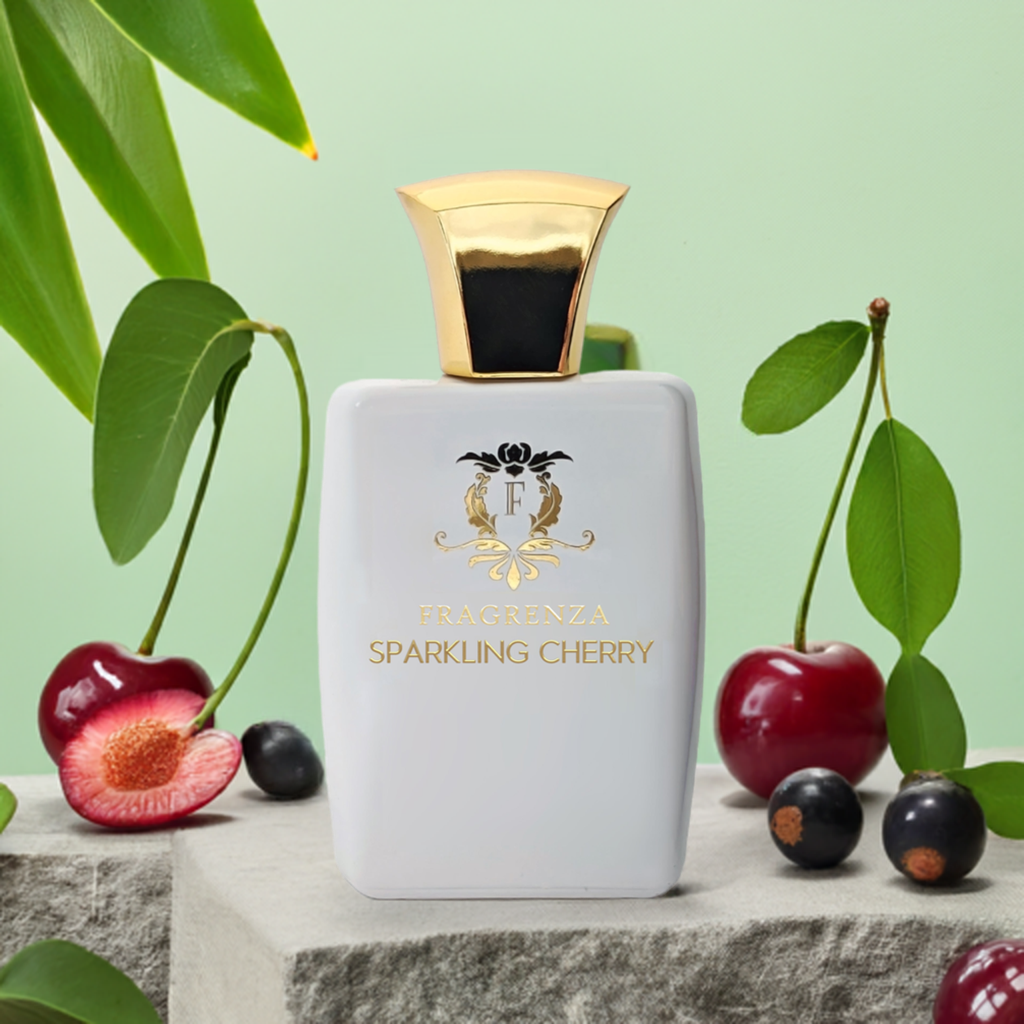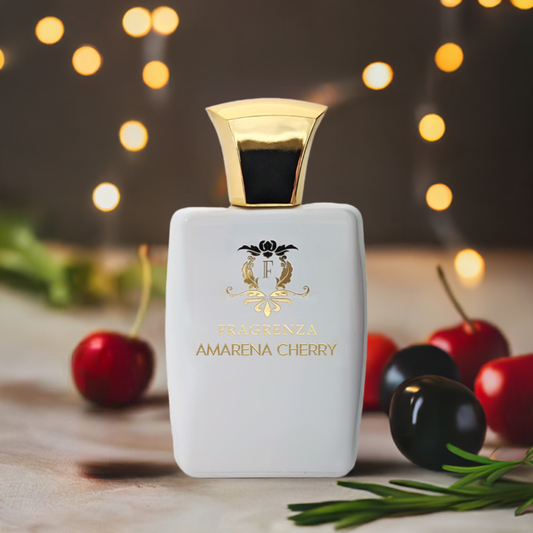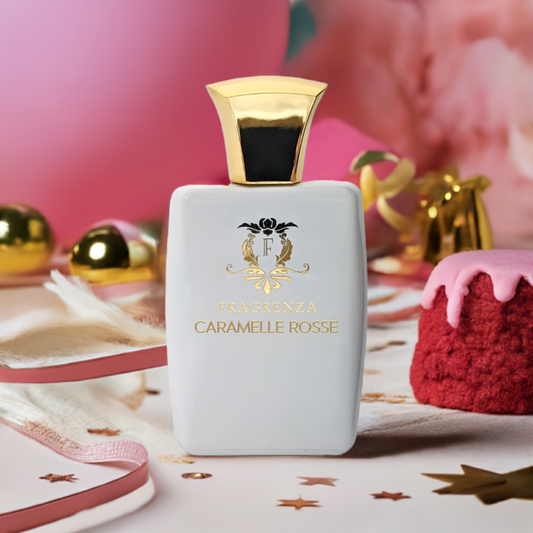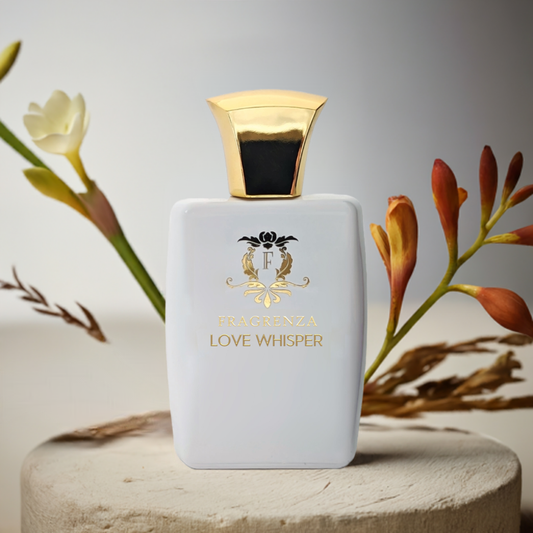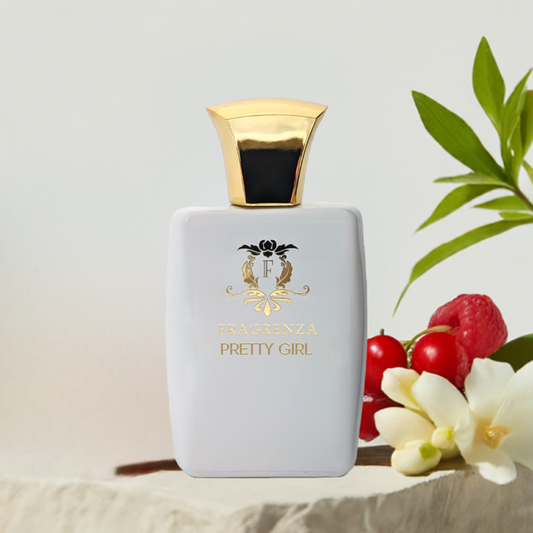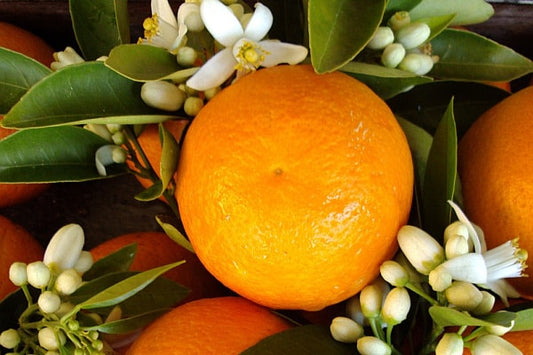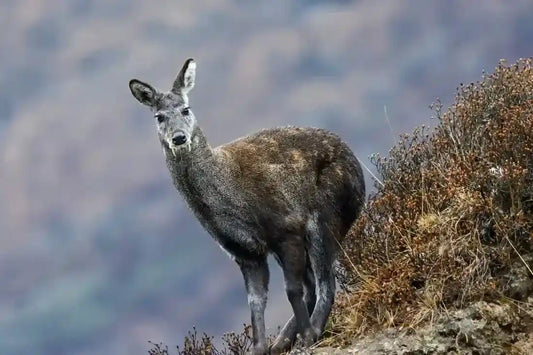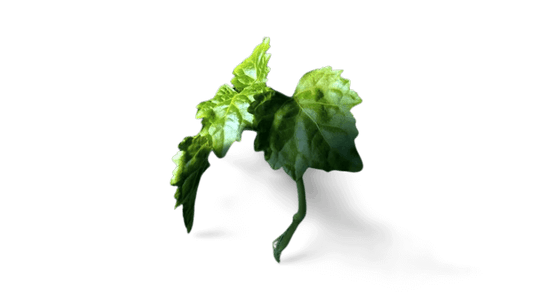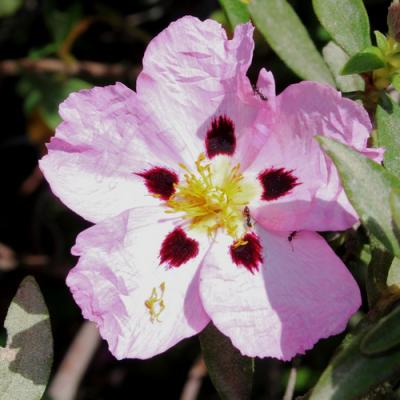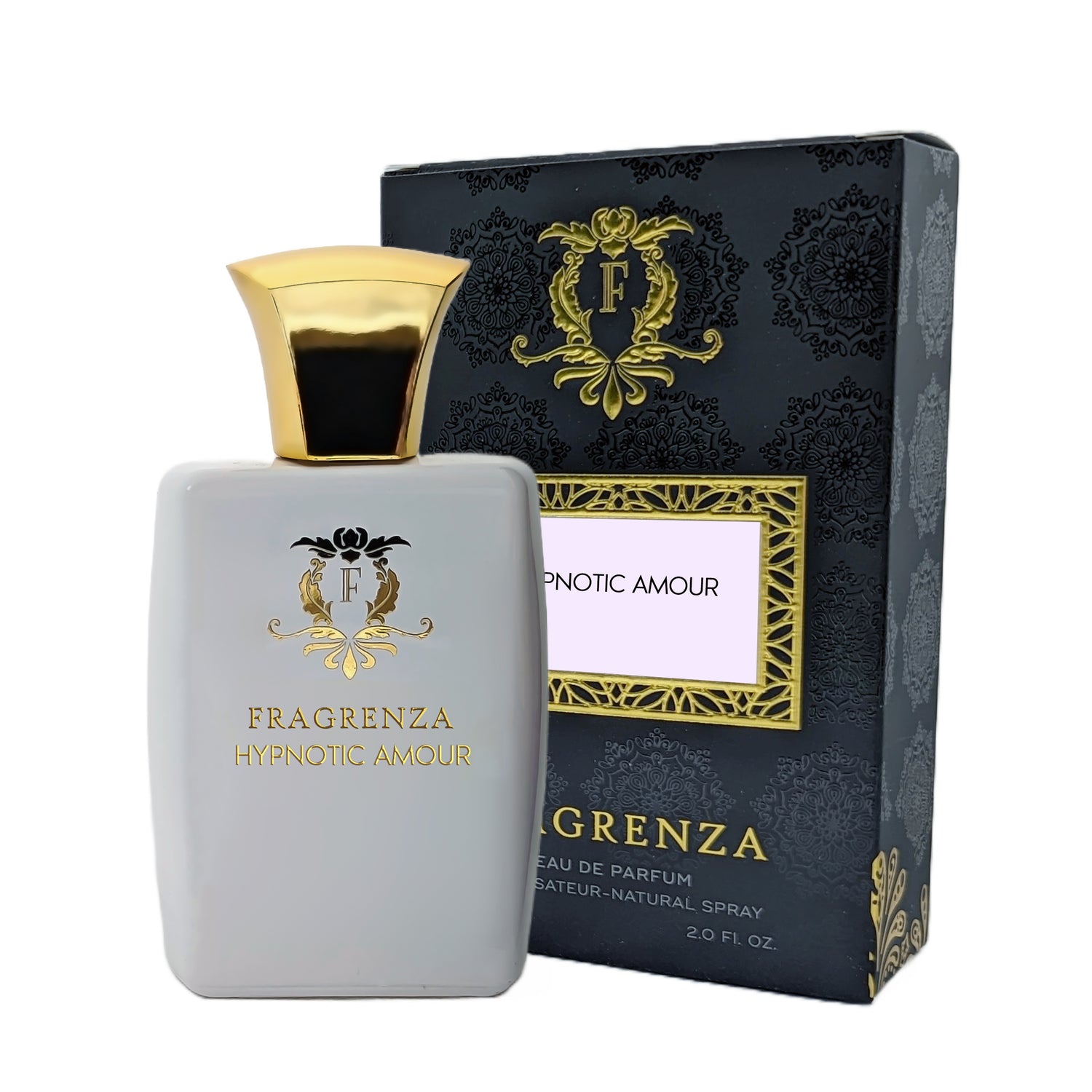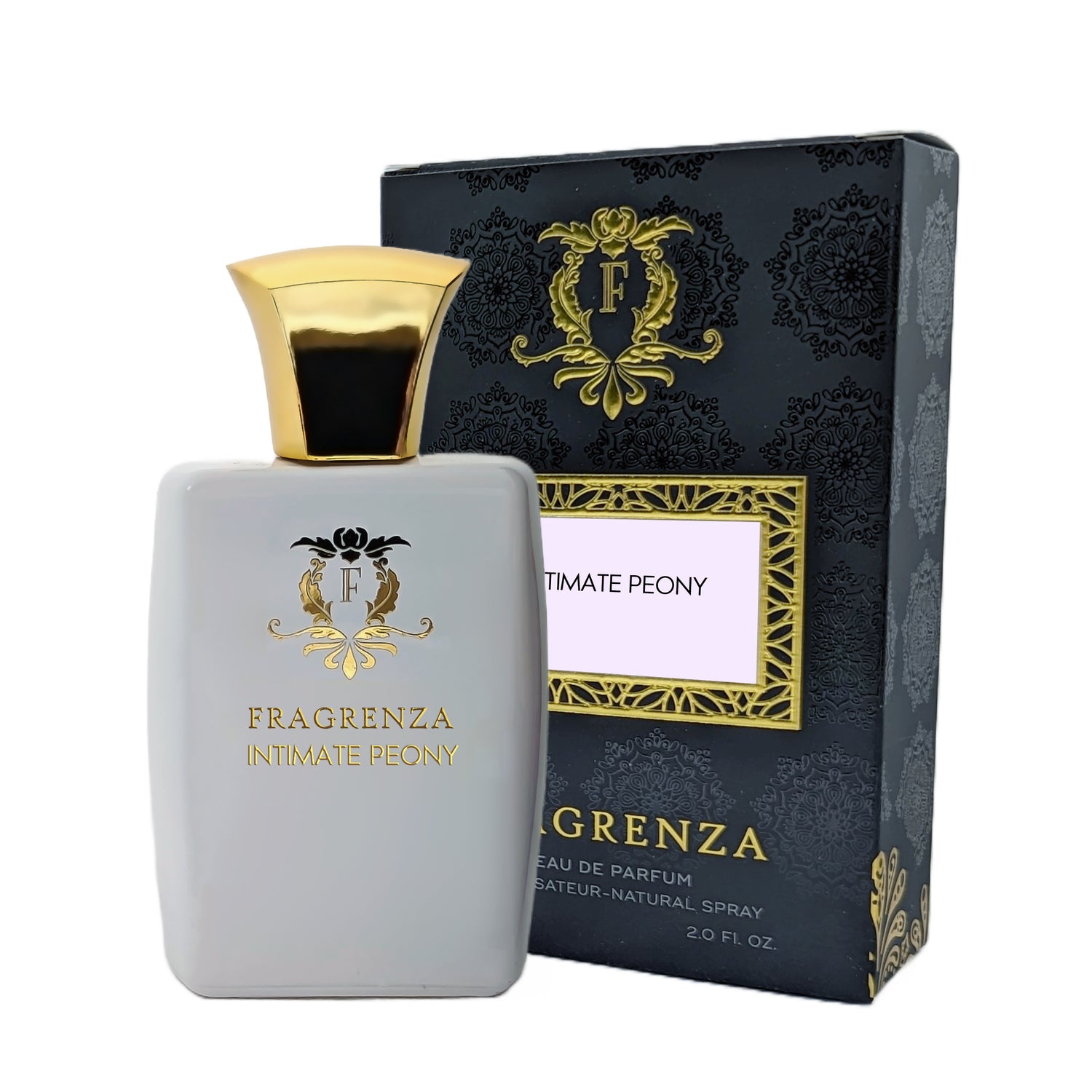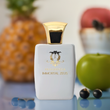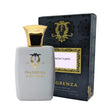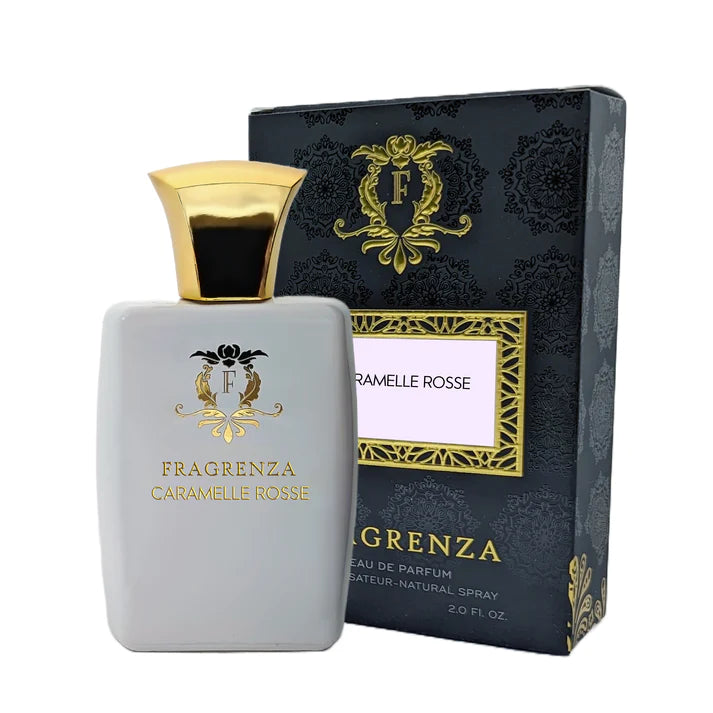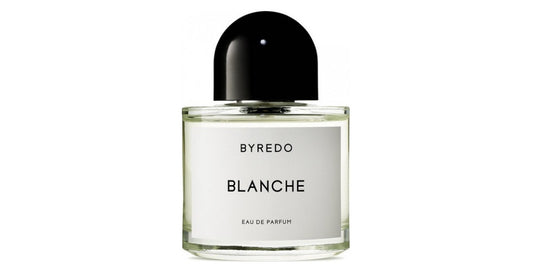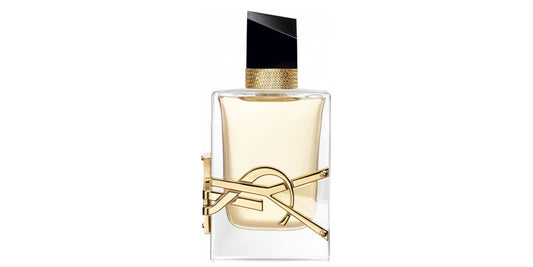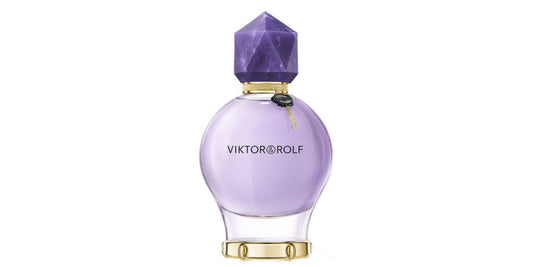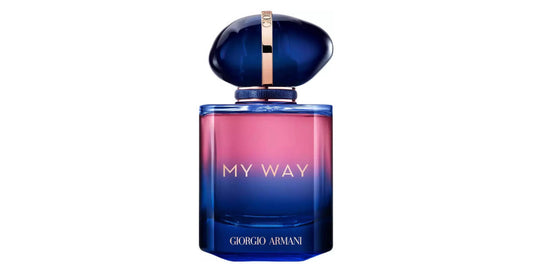Blackcurrant bud in perfumery
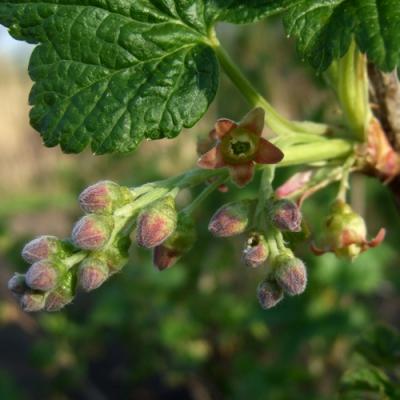
In This Article
Blackcurrant Bud Cultivation and its Impact on Perfumery
Historically, blackcurrant was valued more for its taste qualities than its olfactory potential in perfumery. Although blackcurrant bud cultivation has existed in Burgundy for over a century, perfumers only recognized its exceptional olfactory virtues relatively recently. Grasse perfumers were the first to encourage producers to harvest blackcurrant buds on a large scale for use in fragrances.
Today, blackcurrant buds are primarily cultivated and harvested in Burgundy, making it a regional specialty. Around 85% of the annual blackcurrant bud production is dedicated to perfumers, who utilize the buds to create remarkable absolutes in contemporary gourmet and floral fragrances.
Floral and Fruity Scents Embrace Green Notes
The 1990s saw the emergence of new feminine fragrances crafted from natural raw materials, or natural olfactory notes, as certain fruits were too precious to be used directly in perfumery. Blackcurrant bud is one of the few fruity substances that allows perfumers to avoid synthetic molecules while retaining a uniquely French specialty.
With its tangy, green, and fruity character, blackcurrant bud pairs wonderfully with floral and gourmand scents. Its green facet enhances floral and aldehyde notes, creating captivating, refreshing fragrances. Guerlain's Chamade, introduced in 1969, was among the first floral scents to feature blackcurrant buds as top notes alongside floral and warm elements. In 1976, Van Cleef &Arpels' First incorporated blackcurrant bud as a heart note to accentuate its green, invigorating sweetness.
The 1990s brought forth iconic floral fruity scents, such as Dune by Christian Dior, Féérie by Van Cleef &Arpels, and a reinterpretation of Lancôme's classic Trésor as Trésor Edt Inédite.
While the green facet offered by blackcurrant bud is predominantly associated with feminine fragrances, this may be surprising given the current trend of green scents in men's perfumery. Contrary to expectations, Cerruti utilized blackcurrant bud in one of their most popular scents in 1990, Cerruti 1881, proving the versatility and appeal of this unique ingredient across various fragrance categories.
